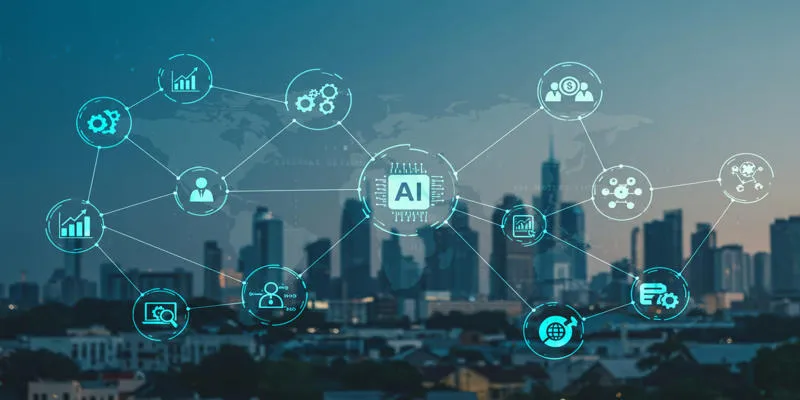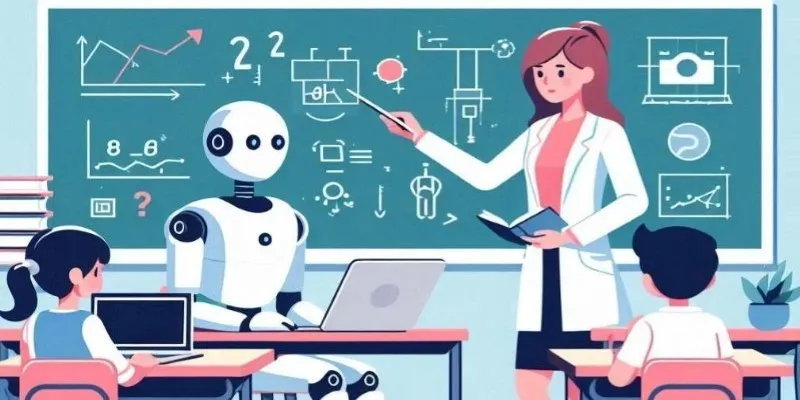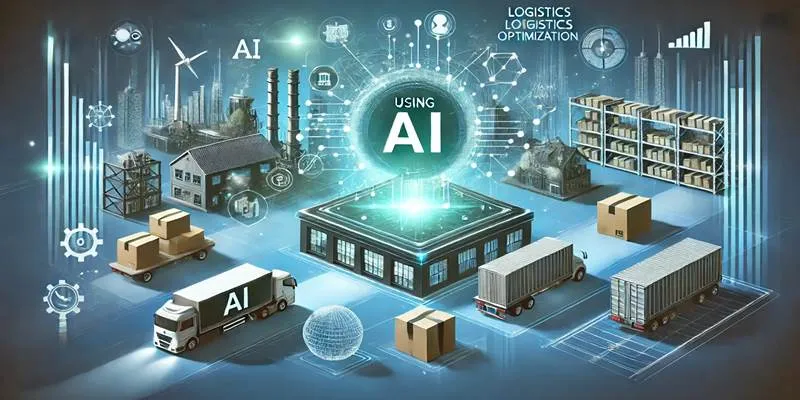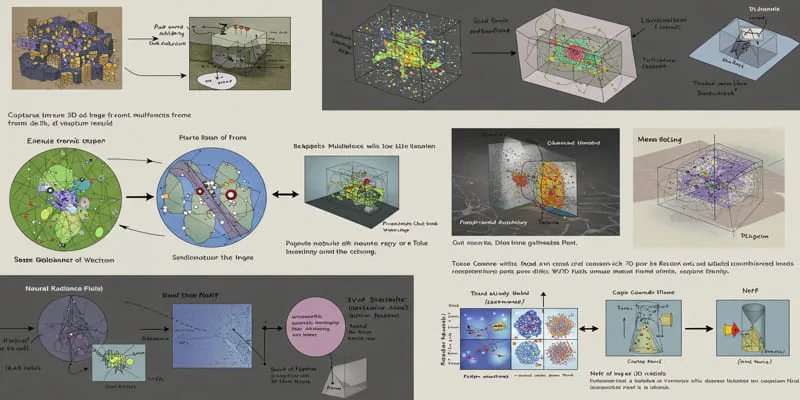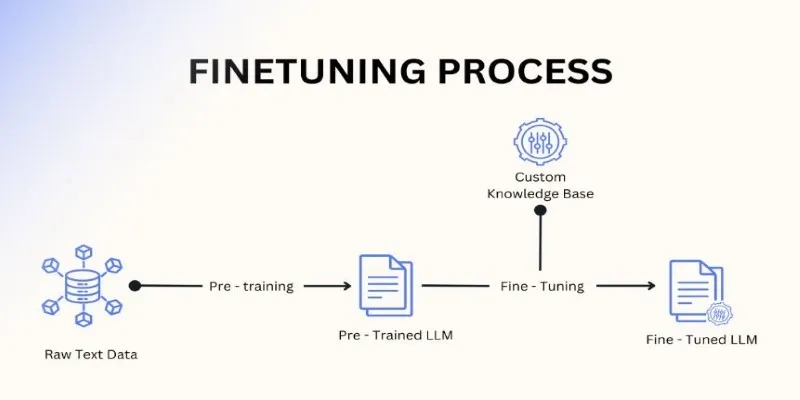AI is revolutionizing online learning by tailoring educational experiences to fit the unique needs of each student. In traditional education systems, lessons are typically structured rigidly, but AI-powered platforms can adapt these based on student performance. These intelligent tools offer immediate feedback, personalized study plans, and interactive assistance.
AI in Online Learning ensures students receive information at their own pace by analyzing their learning preferences. This technology enhances engagement, making the learning process more efficient and effective. As AI continues to advance, online education becomes increasingly beneficial for students worldwide.
How AI is Transforming Online Learning
AI is being utilized in various ways to enhance online education, making it more interactive and valuable. Here are some key contributions of AI to online learning:
Adaptive Learning Systems
AI-powered adaptive learning systems customize lessons based on each student’s progress. These systems evaluate quiz scores, homework grades, and participation levels to adjust lesson pacing and difficulty.
- Monitors student progress and offers personalized teaching plans
- Identifies weak areas and provides additional learning resources
- Adjusts lesson difficulty based on real-time performance
- Delivers immediate feedback to reinforce understanding
AI-Powered Tutoring Systems
AI-based tutors help students grasp complex topics without needing human intervention. These systems use natural language processing to answer questions, clarify concepts, and provide explanations tailored to the learner’s level.
- Available 24/7 for instant academic support
- Offers personalized responses to student inquiries
- Provides interactive explanations with step-by-step guidance
- Assists in various subjects, from mathematics to language learning
Personalized Learning Paths

AI identifies student learning patterns and creates individualized learning paths to ensure effective knowledge retention. It helps students avoid unnecessary repetition, focusing on areas that need improvement.
- Tracks learning behavior and adjusts study plans accordingly
- Helps students set achievable learning goals
- Recommends resources based on personal learning styles
- Encourages self-paced learning for better retention
Automated Assessments and Feedback
Grading assignments and providing feedback can be time-consuming for educators. AI automates these processes, ensuring fair and instant evaluations while identifying patterns in student performance.
- Automates grading for quizzes, essays, and multiple-choice questions
- Provides detailed feedback on errors and areas for improvement
- Detects common mistakes and offers tailored revision suggestions
- Saves educators time, allowing them to focus on mentoring
AI in Language Learning
Language learning platforms use AI to enhance learning by offering real-time feedback, pronunciation correction, and personalized exercises.
- AI-powered speech recognition for pronunciation improvement
- Interactive chatbots for conversational practice
- Adaptive lessons that adjust to the learner’s proficiency
- Instant feedback on grammar, vocabulary, and sentence structure
AI-Enhanced Virtual Classrooms
AI enhances virtual classroom experiences by boosting student engagement and participation. These systems track student interactions, provide insights to educators, and adjust lessons based on real-time data.
- AI-driven attendance tracking and participation analysis
- Personalized content recommendations for students
- Identifies students needing additional support
- Enhances interactive elements in online discussions
Benefits of AI in Personalized Online Learning
AI-driven learning offers numerous advantages, making education more effective and engaging for students of all levels.
Improved Learning Outcomes
By customizing lesson plans based on individual student needs, AI helps learners grasp concepts more effectively. Students receive relevant content tailored to their strengths and weaknesses, leading to better retention and academic performance.
Increased Engagement and Motivation
Traditional learning methods may not always cater to different learning styles, resulting in decreased motivation. AI-based platforms incorporate gamification, interactive quizzes, and personalized feedback to keep students engaged throughout their learning journey.
Accessibility for Diverse Learners
AI-powered tools assist students with different learning abilities by offering features such as text-to-speech, subtitles, and customized learning materials. These features make education more inclusive, especially for students with disabilities or learning difficulties.
Saves Time for Educators
AI automates repetitive tasks such as grading, tracking student progress, and generating reports, allowing educators to focus on personalized guidance and mentoring.
Real-Time Progress Tracking
AI analytics provide real-time insights into student progress, helping both learners and educators identify areas requiring additional attention. Progress tracking ensures students stay on the right path and adjust their learning strategies when needed.
Challenges of AI in Online Learning
While AI in education has brought significant improvements, some challenges must be addressed to maximize its potential.
Data Privacy Concerns

AI relies on collecting and analyzing student data to provide personalized learning experiences. Ensuring the security and confidentiality of this data is a major concern for both institutions and learners.
High Implementation Costs
Developing and integrating AI-powered learning platforms requires significant investment. Some institutions may struggle to afford these technologies, limiting access to AI-driven education.
Dependence on Technology
Over-reliance on AI-based learning may reduce human interaction, which is essential for social and emotional development. Striking a balance between AI assistance and human involvement is crucial for maintaining holistic education.
Algorithm Bias and Fairness
AI models are trained using vast datasets, and if these datasets contain biases, the AI may inadvertently favor certain learning patterns over others. Ensuring fairness in AI-driven education is essential for providing equal learning opportunities.
Conclusion
AI is transforming online learning by making education more personalized, accessible, and engaging. Adaptive learning, AI tutors, and automated assessments are revolutionizing the way students learn, providing tailored support that meets individual needs. While challenges such as data privacy and implementation costs exist, AI’s integration into education continues to offer numerous advantages. As educational institutions and online platforms embrace AI, students can benefit from a learning experience that is more efficient, inclusive, and suited to their unique abilities.
 zfn9
zfn9






